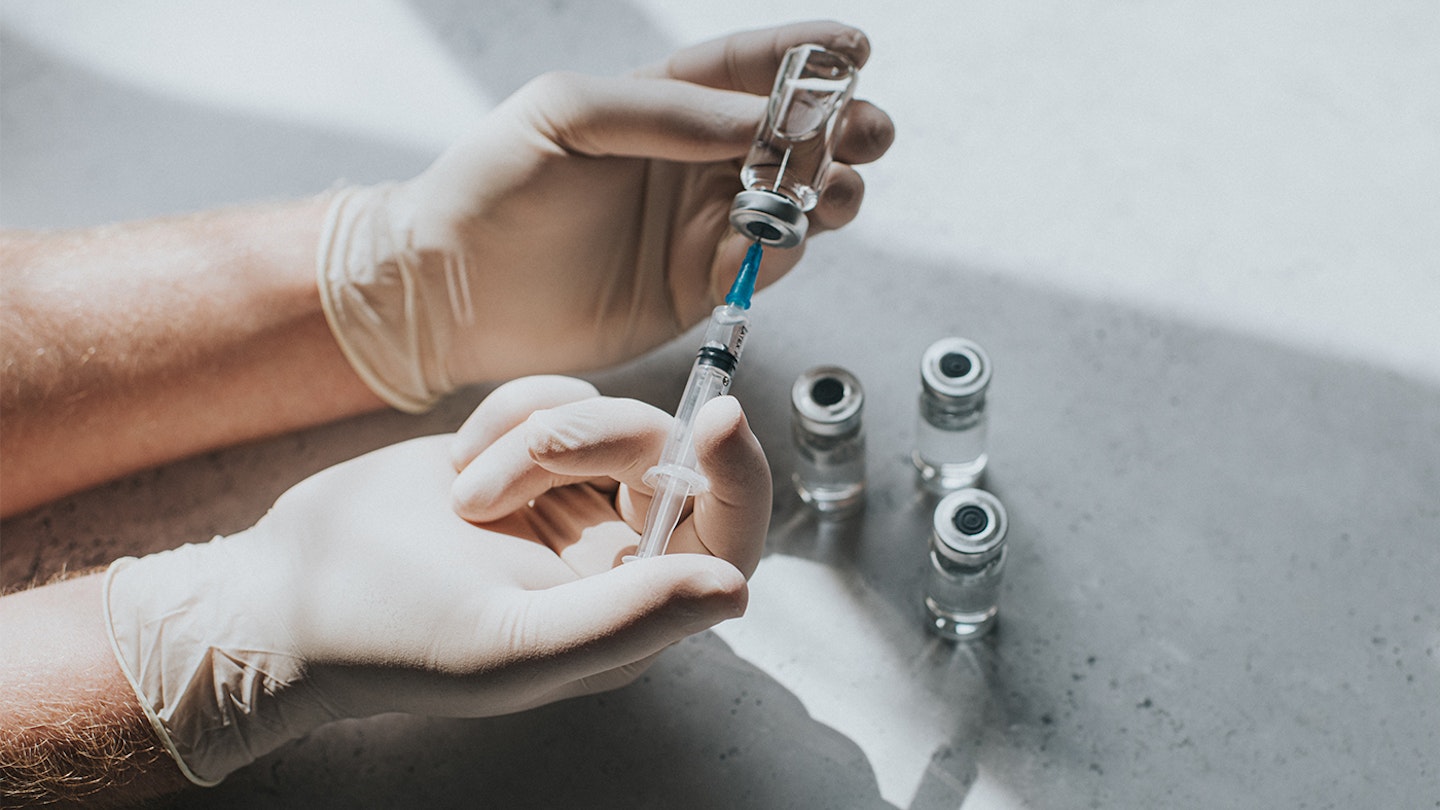When you're pregnant, you quickly get used to googling 'Can I do xxxx when pregnant' or 'Can I have xxxx when pregnant'. Just like with the food you can or cannot eat, it can all get a bit confusing.
Botox may be an aesthetic treatment you've had before becoming pregnant or it might be something you've been thinking about recently. But should you have it when pregnant? We're here to help you find out.
What is botox?
"Botox is a drug made from a toxin produced by the bacterium Clostridium botulinum. Anti-wrinkle injections like botulinum toxin injections block signals from the nerves to the muscles," explains leading aesthetics nurse and injectables expert, Nina Prisk. "The injected muscle then can't contract and this, in turn, means that fine lines and wrinkles relax and soften. It’s most often used on forehead lines, crow's feet (lines around the eye), and frown lines but we can also use it on the perioral lines where it can make them appear less pronounced."
Demand for Botox® is bigger than ever as more people turn to non-surgical injectable treatments to fight the signs of premature ageing.
Can you have botox when pregnant?
"I would not advise anyone to have injectables for cosmetic reasons whilst pregnant or breastfeeding," says Nina. "Whilst there is no evidence to suggest it does any harm to baby, there are very few studies on this so I would always advise against it to err on the side of caution."
The same is also true of getting derma fillers or a chemical peel during pregnancy.
Can botox harm your baby?
"There’s very limited research and data about the effects of getting Botox when pregnant and the impact that it can have on the mother and child. I think this is in part due to the fact that Botox is still regarded by many people as purely an aesthetic treatment, however, it can also be used to treat many medical conditions from migraines to hyperhidrosis," says Nina.
What are some pregnancy-safe alternatives to Botox?
"One pregnancy-safe alternative to Botox is to look at topical skincare. Glycolic acid can help with the reduction of wrinkles. It’s advisable to choose a glycolic acid that is lower than 7 per cent during pregnancy though," Nina recommends. "Similarly, Lactic acid is another AHA that's believed to be safe during pregnancy when used in low concentration. Both can help to make skin appear smoother and with less lines and deep wrinkles."
You may also want to look into collagen supplements.
It's advisable to seek the advice of a qualified and experienced medical practitioner if you have any concerns about product safety during pregnancy.
